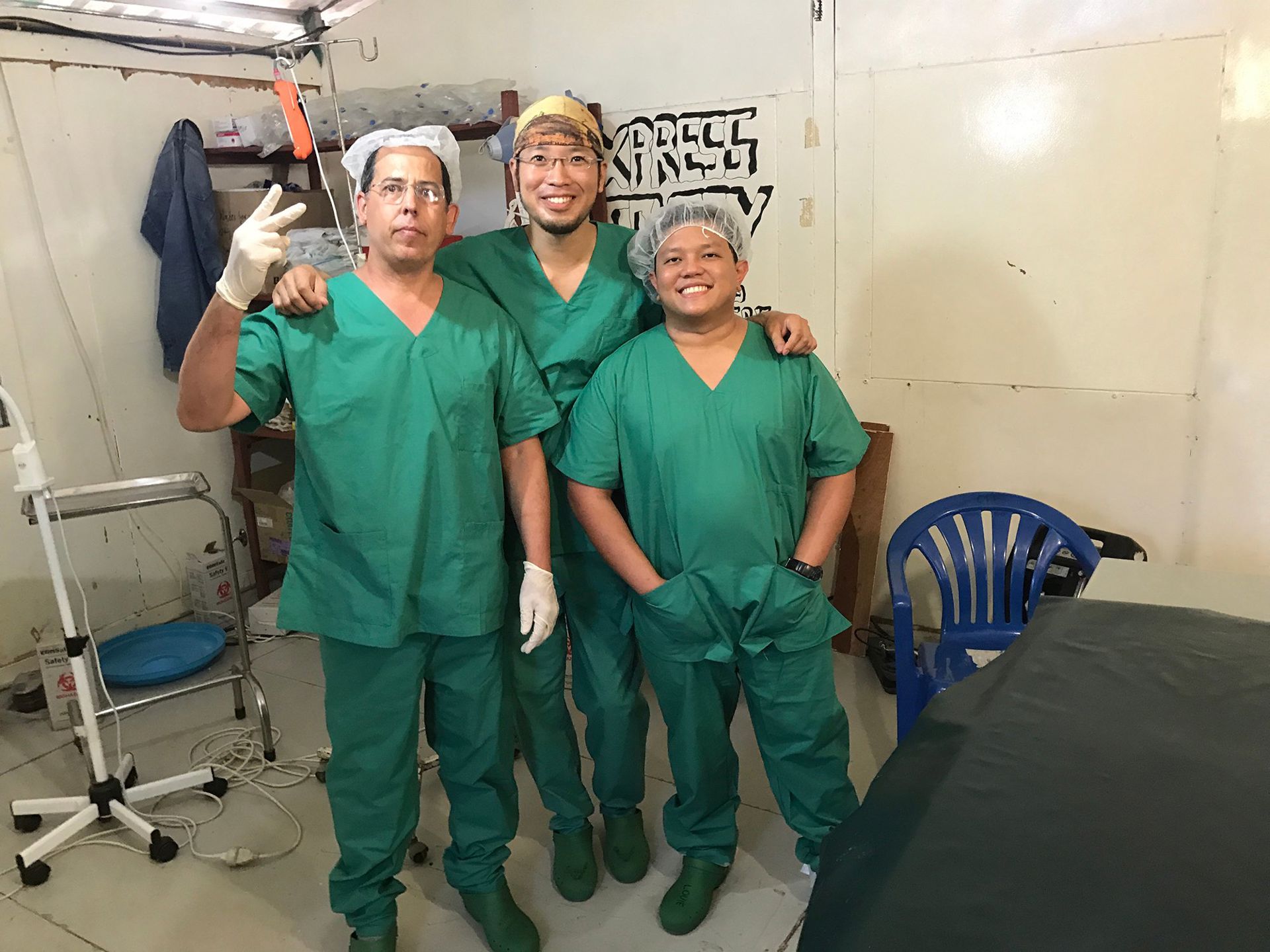In early 2016, I spent a few months in Liverpool to study for a diploma in tropical medicine (a requirement for some doctors to become MSF field workers.) During that time, I learnt about all sorts of parasites and tropical infections that I had never encountered before. Once I started my mission in Yemen, this knowledge would become very important in unexpected ways in the field.
A 10-year-old boy arrived to our ER in one morning in a comatose state. He was in a rigid, abnormal posture, and did not respond to any painful or verbal stimuli. His father said he had been ill for a few days, losing his appetite, and gradually becoming more unconscious. A private doctor had already treated him with some antibiotics and other drugs, but not much improvement was seen. In the field, tests that we often take for granted in Hong Kong such as a Computer Tomography scan or lumbar puncture were not available. We often relied on clinical diagnosis and simple tests to make decisions. Could this be meningitis?
As I dug deeper into the clinical history, I asked them where they were from. “We live in a rural part of Taiz, about 1 hour away from the hospital”, replied the father. This piece of information turned out to be the vital missing piece of the puzzle. In the region where our hospital was located, the high altitude meant that malaria was virtually absent. But in his hometown where the altitude and climate are different, malaria is relatively common. We immediately did a simple rapid test for malaria - it was positive. The diagnosis became clearer: a case of severe cerebral malaria. We quickly gave intravenous Artesunate, a highly effective drug for severe malaria, together with other supportive treatment for this very sick boy.
The next day, I reviewed the boy during morning round, disappointed to find that there was no improvement at all. He lay on the bed in comatose state with no response. His father was anxious and impatient about his sick child. I felt the same, as this was my first encounter with such a severe case of malaria, but I remained calm and explained that it will take time. I reviewed his drug charts and dosages – everything was right. The prognosis seemed pretty grim, I thought.
On the third day, I couldn’t see the comatose boy as I entered the room. Where did he go? And there he was, sitting up all by himself in the corner of the room, talking to his father. It was like a miracle – the drug worked and now he was fully awakened from the coma! I could not contain my excitement. Within a week, he was fully recovered and was discharged home. His family was immensely grateful to be relieved from a huge psychological burden.
With the right drugs and simple tests, delivered to the right places, many lives can be saved. What we do could drastically affect a patient’s outcome. This is one of the many stories that puts a smile on my face when it comes to my mind.
ER doctor Jimmy Leung from Hong Kong worked in the hospital supported by MSF in Ibb governorate, Yemen from August to November 2016 for his first mission with MSF.


